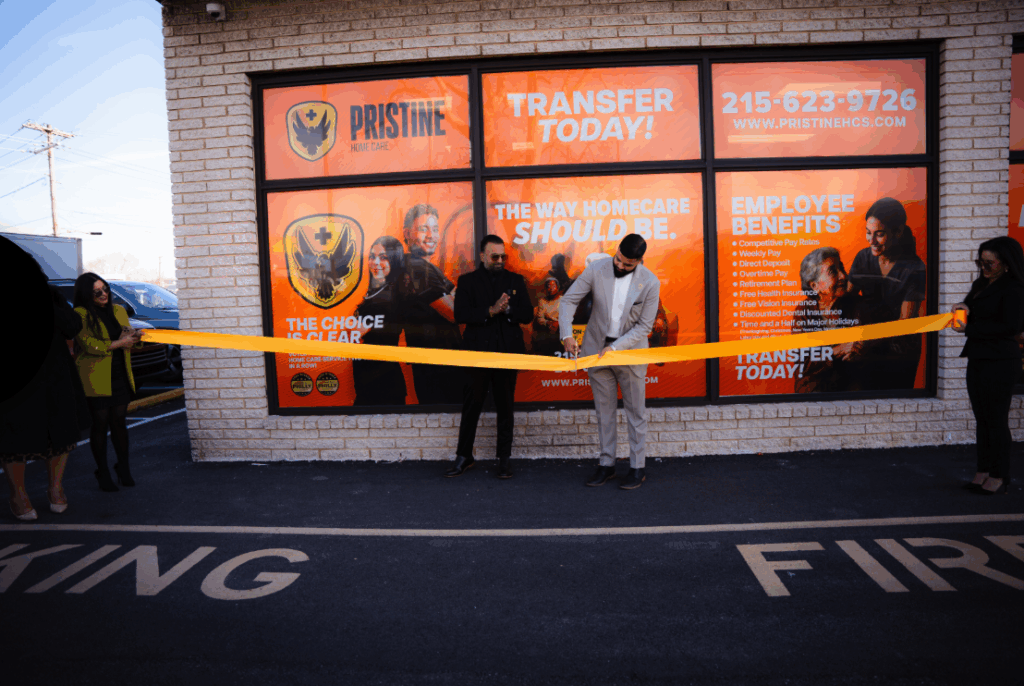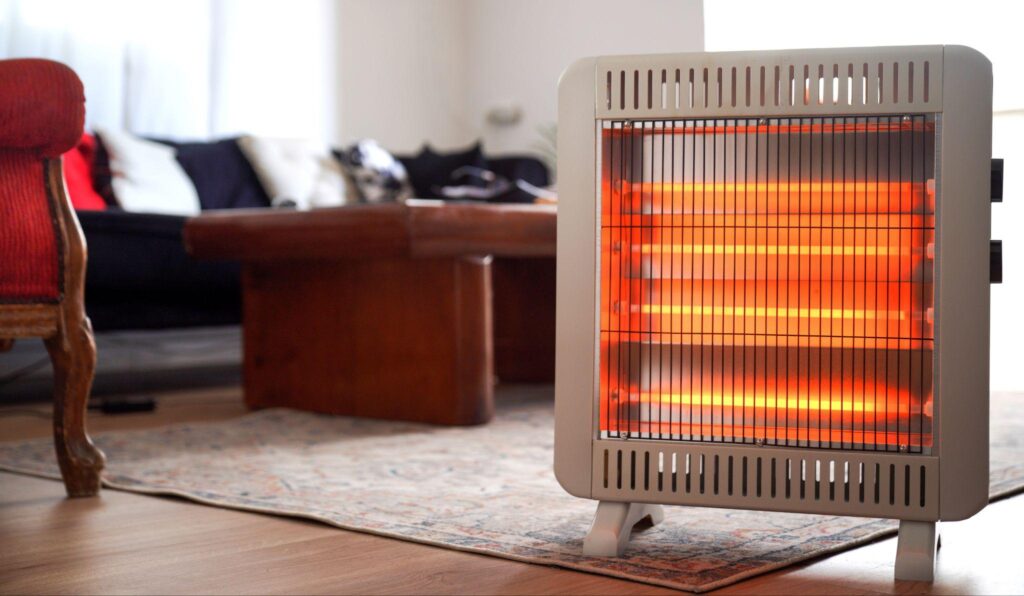Key Takeaways:
- Immigrants represent 25%+ of the U.S. home health workforce
- Ongoing caregiver shortages may worsen without immigrant labor
- Families face increased barriers to consistent in-home support
- Agencies like Pristine Home Care are innovating with inclusive, culturally competent care
- Policy and agency-level support are critical to sustain homecare jobs
How Do Immigrants Support the U.S. Healthcare Workforce?
Immigrants and healthcare go hand in hand, particularly in home-based care. From daily hygiene assistance to medication reminders and companionship, immigrant caregivers play an essential role in helping seniors age safely at home.What Happens to Families When There Aren’t Enough Caregivers?
When caregivers disappear, patients are the ones who suffer.
According to the U.S. Bureau of Labor Statistics, home health and personal care aide jobs are expected to grow by 22% through 2032; one of the fastest-growing fields in the country. But supply isn’t keeping up with demand.
From Medicaid delays to long waitlists for in-home care, families are already struggling to find the support they need. For many, this means a higher burden on unpaid family caregivers and a sharp decline in quality of life for their aging loved ones.
Agencies like Pristine Home Care are working to close this gap offering a model that prioritizes trust, culture, and family-driven care, while protecting meaningful homecare jobs for workers in local communities.
Pristine in the Community: Watch This Story Unfold
In this powerful video, Pristine Home Care shows what it means to be more than a provider, they’re part of the family. From neighborhood homes to citywide support, this is what true care looks like.
What Reforms Are Needed to Protect Immigrant Caregivers?
According to Medicaid.gov, states have broad discretion over Home and Community-Based Services (HCBS) programs. These waivers provide essential in-home care, but the system is often complex, delayed, or inaccessible for immigrant caregivers and patients alike. To protect the link between immigrants and healthcare, we need policies that:- Support legal workforce pathways for caregivers
- Streamline Medicaid onboarding and CHC eligibility
- Recognize multilingual and cultural caregiving as essential skills
What Can Agencies Do to Adapt?
At Pristine Home Care, the solution starts with people. They’re adapting to protect and grow homecare jobs while ensuring every client is treated like family:- Bilingual staff (Arabic, Spanish, Tagalog, Malayalam, Hindi, Russian, and more)
- Rapid onboarding of family or community-based caregivers
- SAGE Platinum-certified inclusive care for LGBTQ+ older adults
- Weekly pay, benefits, and ongoing training
- Hands-on support navigating Medicaid and paperwork
- Community-first culture, because care is personal
When Care Is Family, Choose Pristine
The future of caregiving depends on how we support immigrants in healthcare, because immigrants and healthcare are inseparable in the home care industry. At Pristine, this isn’t just a workforce conversation, it’s a family commitment. Ready to get help or give help? Contact Pristine Home Care today–because your family is our family.FAQ
Q: Why are immigrants so essential to home care?
They make up 25%+ of the U.S. home care workforce and often provide culturally attuned, bilingual care that’s hard to replace.








